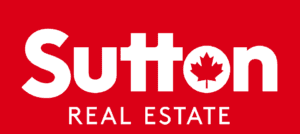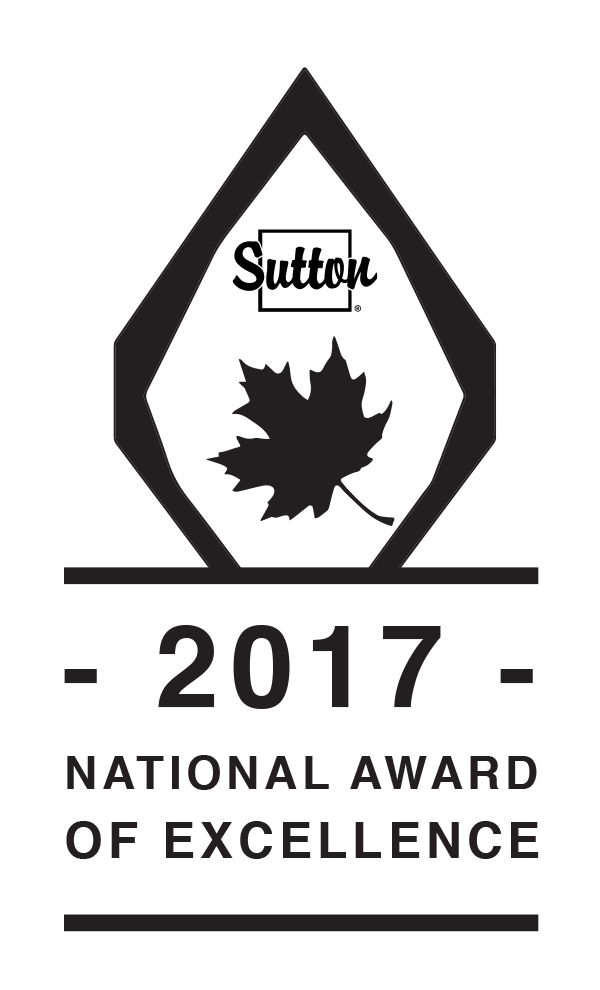Congratulations on your new home! Now that you are a homeowner, there are some new responsibilities with regards to your home safety and maintenance. Operating a home has costs, and requires both continuous maintenance and careful planning. However, do not worry just yet, because here are a few helpful tips on how to get started.
Home safety is No.1
Is your home safe? As a new homeowner this should be your number one priority. If installation of smoke detectors is mandatory in your area, make sure they are properly installed and fully operational. Consult your city’s bylaws to find out what safety features are required by law in your area. Keep hazardous materials in safe cabinets, and reduce the clutters that can be a fire hazard. Add fire extinguishers to your home, and keep them handy on each floor. Carbon monoxide detectors are another important feature to have. They detect the increased levels of the invisible, odourless, poisonous gas, and can be a real lifesaver in case of a gas leak. Finally, prepare and rehearse an evacuation plan, to use in case of emergencies. For more information on how to develop an effective evacuation plan and what to account for in case of a fire click here.
Plan your home improvements and maintenance ahead
Home improvements and maintenance make your house more functional, more comfortable and more valuable. However, renovations and repairs are also costly, so it’s best to plan them ahead. The renovation and maintenance of bathrooms, kitchen cabinets, landscape, roof, driveways and walkways, exterior paint etc., can all enhance the value of your property. Inspect your home regularly for parts or materials that wear out with time, and repair or replace if need be. Prepare for the change of seasons in advance, and schedule small seasonal maintenance tasks frequently to prevent and avoid accumulation of damage and high costs. In addition, small frequent repairs can extend the life of your property, and improve quality and performance over time.
Finally, consider getting your home energy-rated. Browse the website of Natural Resources Canada, and learn more about the programs and tools you can use to improve the energy-efficiency of your home.
Don’t forget your financial responsibilities
Owing a home is a big financial responsibility. Operation, maintenance, repairs and renovations are all costly, and can be a huge financial burden if not budgeted properly. Pay your mortgage on time, and living within your budget. Plan your monthly expenses every month, and account for all operational costs such as taxes, insurance, maintenance and any expected repairs. Last, but not least, save for emergencies! Life is unexpected, and so is nature. You never know what future holds, and being cautious never hurts. Set aside an emergency fund, and contribute to it monthly. This way you know you are covered even on rainy days!





